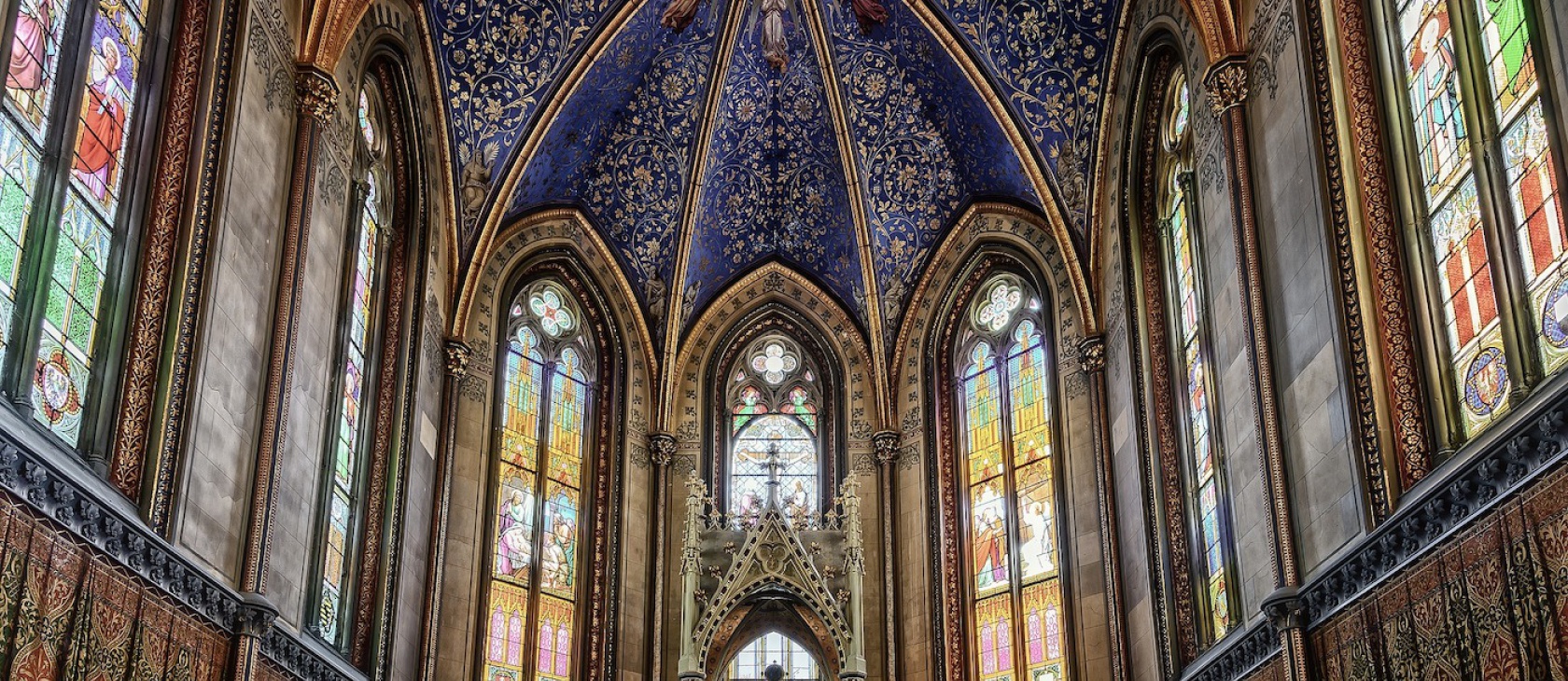It’s not unusual for Europe—especially Western Europe—to be portrayed as a continent in which religion and, more specifically, religious practice is in decline. No doubt there’s much truth to that. When you start looking at the hard information, however, it soon becomes apparent that the situation is more complicated.
Take, for example, France. It is often portrayed as a highly secularized society. Again, there is considerable truth to that picture. Yet a recent study of the state of religion in France by the Observatoire de la laïcité, an state agency attached to the prime minister’s office which charged with assisting the government in ensuring that the principle of laïcité is observed throughout the country, has revealed a more complex picture.
In the first place, the study shows that 37 percent of Frenchmen and Frenchwomen believe in God Approximately 31 percent say they are non-believers or atheists. Those numbers represent little change from the last such study, which occurred in 2012. Approximately, 47 percent of the population say that they observe no religious practices whatsoever, which tells us that 53 percent do follow some type of religious practice.
When it comes to confessional breakdown, 48 percent say they are Roman Catholic, three percent identify as Muslim, three percent as Protestant, one percent as Jewish, and two percent as Buddhist. It’s when you get to the numbers about who practices their religion that some interesting facts start to emerge.
About eight percent of France’s total population describe themselves as practicing Catholics. That number, which will pleasantly surprise some people, translates into 5.4 million people going to Mass once a month and just over two million people attending Mass once a week. Another insight into contemporary French Catholicism, noted in the study, is that about 17 percent of primary, middle, and high school students in France attend a Catholic school.
Among self-described Evangelical Protestants—a group that has grown in France in recent decades and who are generally not members of the traditional Protestant churches—about 40 percent say they practice their faith regularly. Indeed, the National Council of French Evangelicals claims that a new evangelical place of worship opens every 10 days in France.
But the biggest group who practice their religion in France are Muslims. About 1.8 million Muslims (out of a total of somewhere between three and five million French Muslims) engage in some form of regular religious practice.
Yet perhaps the most consequential part of the study is its claim that there has been a considerable increase in the visibility of religious expression in France’s public square. Interestingly, this is not portrayed in the study as a negative trend. Rather, it is presented simply as a matter of fact.
This development, the study’s authors speculate, may something to do with a weakening of the grip of secular ideologies upon the minds of large portions of the population. This, it appears, has left many people in France looking for meaning and some explanation of their lives and the world. Some appear to be finding answers in religion.
Does this mean that France is on the brink of a religious revival? I don’t think so. When you look closely at the figures, you realize that some people in France identify as Muslim, Protestant, Jewish, Catholic, etc., but also consider themselves to be agnostics or unbelievers. Religion is a question of identity for them rather than one of faith. There also remains immense pressure on people in public life to keep their faith out of the limelight, even if the situation in that regard is much better than it was 10 or 20 years ago.
The information provided by the Observatoire de la laïcité does, however, indicate that we should be careful before describing modern Western European countries as deeply and uniformly secularist in outlook or as nations in which religion is doomed to disappear. At least in France’s case, neither that portrait nor that trajectory seems to be accurate.




